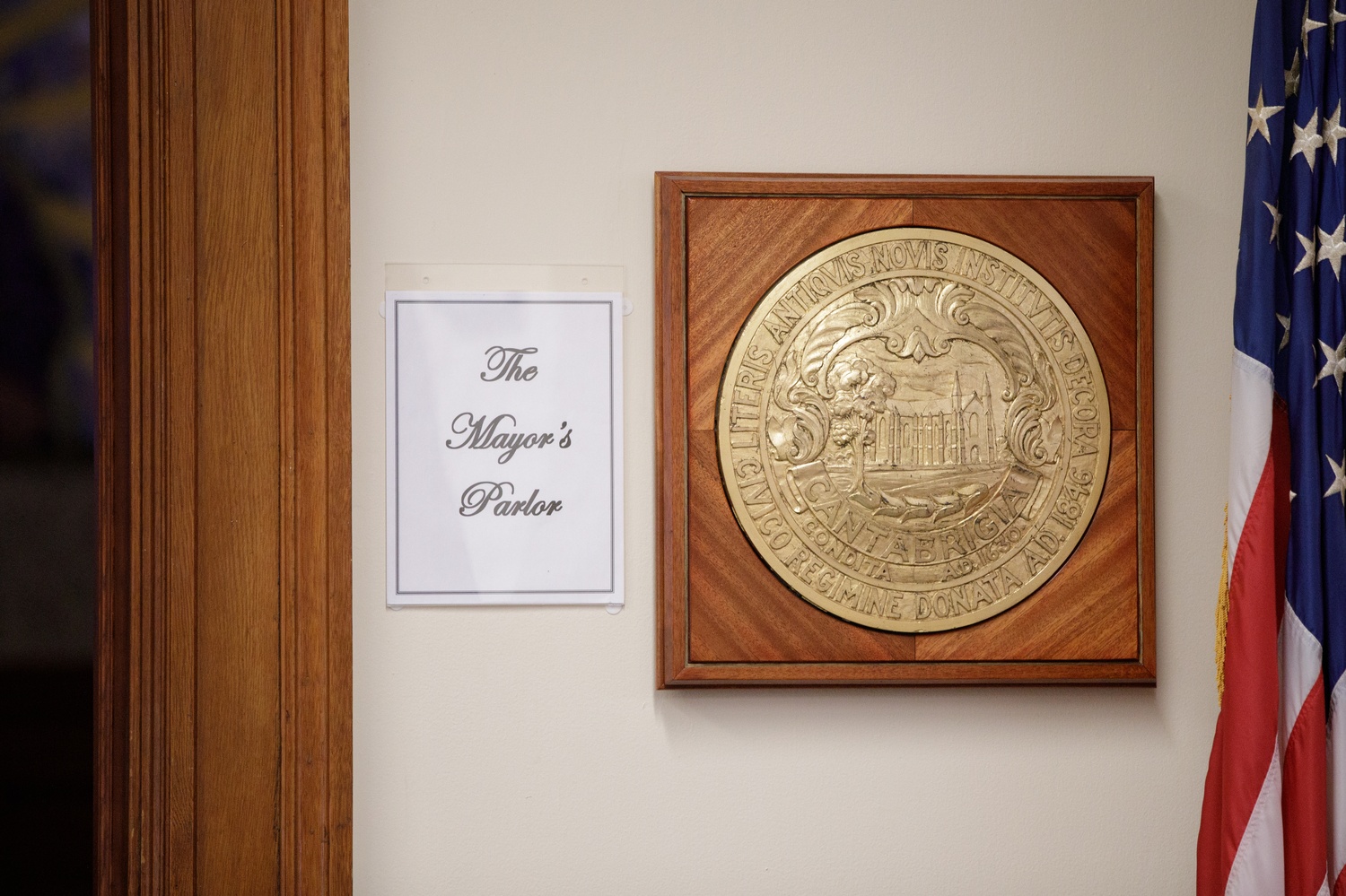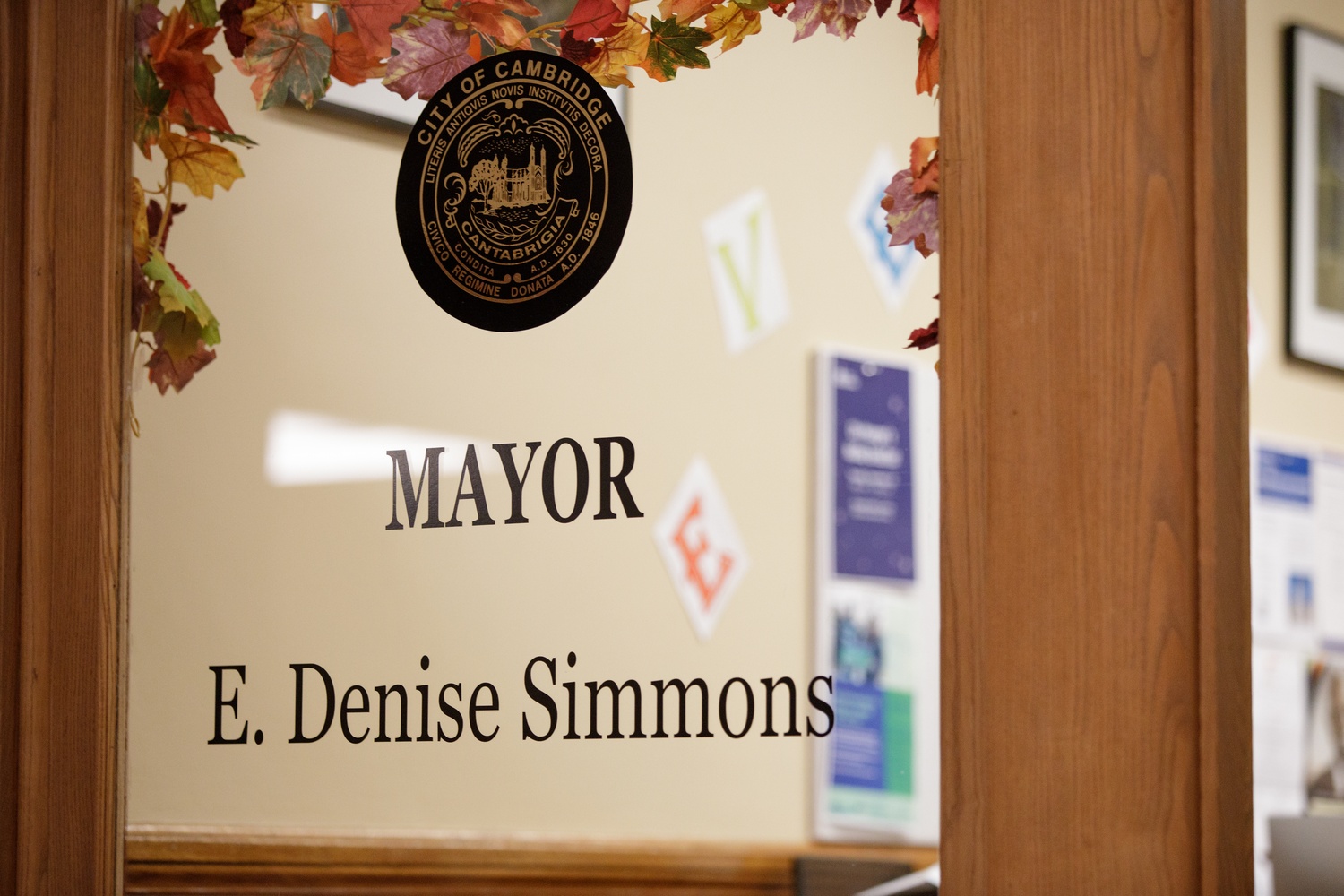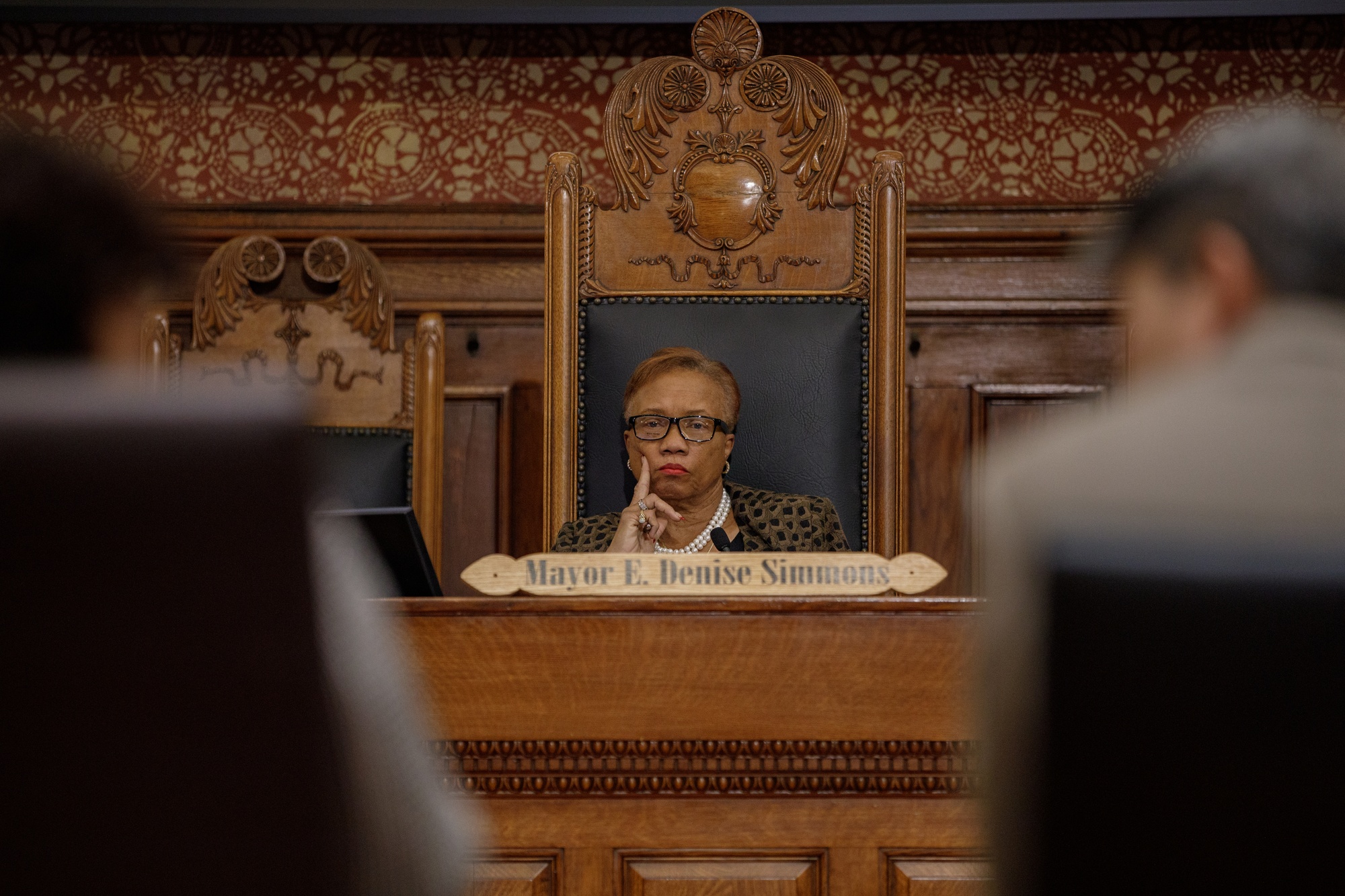
The Mayor of Cambridge Has Seen It All
By Matan H. Josephy, Crimson Staff WriterIt’s a cold night in early November, and Cambridge Mayor E. Denise Simmons is holding court.
Seated at the head of the Sullivan Chamber — the gilded room at the heart of Cambridge City Hall, where the Council meets — Simmons is equal parts mayor, councilor, and drill sergeant. Cambridge City Council meetings are notorious for their length, but Simmons runs through the motions mechanically: every parliamentary procedure is reduced to little more than a reflex. After three decades in public office, it probably is.
The council clerk calls the roll. Simmons goes last — as the mayor, it’s customary — and recites the Pledge of Allegiance.
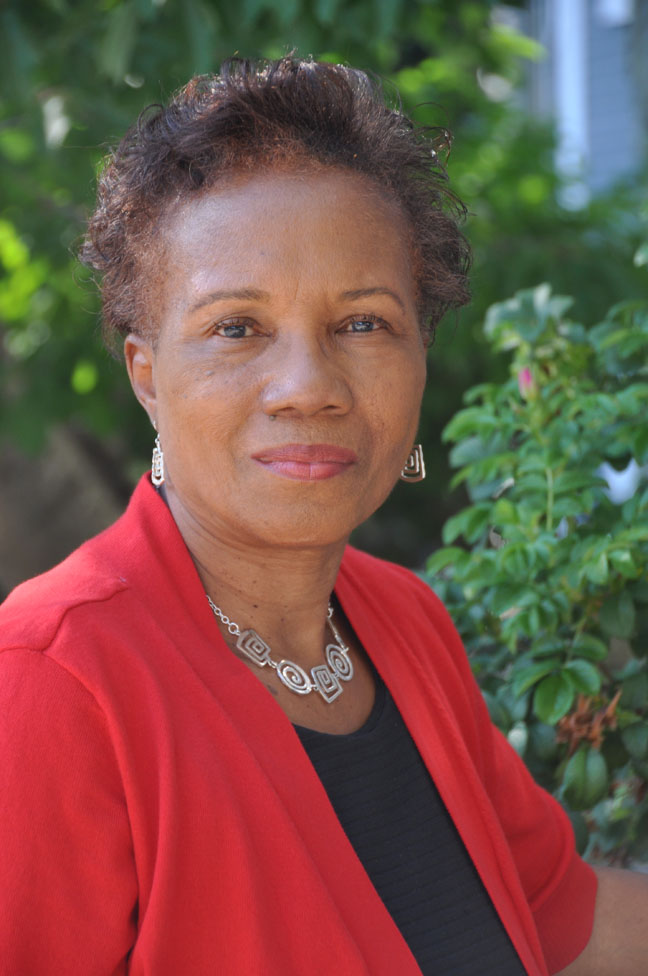
Public comment is scheduled to be short that night, and Simmons appears determined to keep it that way. Three-minute-long remarks by members of the public are punctuated only by polite, perfunctory interjection — “thank you for your testimony; next speaker, please,” Simmons says, right as the timer goes off. Her tone is flat. Simmons’ voice fills the room, but from my seat in the back, it’s hard to make out the woman behind it.
***
There’s a certain omnipresence to Simmons, in a way that feels almost out of character for a city as large and self-assuredly cosmopolitan as Cambridge. She’s as Cambridge as Cambridge can get, people tell me: born here, educated here, elected to represent here. She owns a local business. She frequents local restaurants.
Even interpersonally, Cambridge feels ingrained into who Simmons is. Every conversation we have is peppered with details so specific to the city that they must be markers of Cantabrigian DNA. She can rattle off the city’s geography, down to the street name and nearby addresses, without pause. She speaks of her constituents as friends amassed over decades.
Then, of course, there’s her public life: Simmons has been in elected office for more than 30 years — eight years on the School Committee were quickly followed by a successful race for the City Council in 2001, not to mention a decade as a city employee before that. She’s on her third stint as mayor (after a term in 2008 and a second in 2016), one of only a handful to hold the title that many times. Just as Simmons is defined by Cambridge, she has, by many measures, defined the city in return.
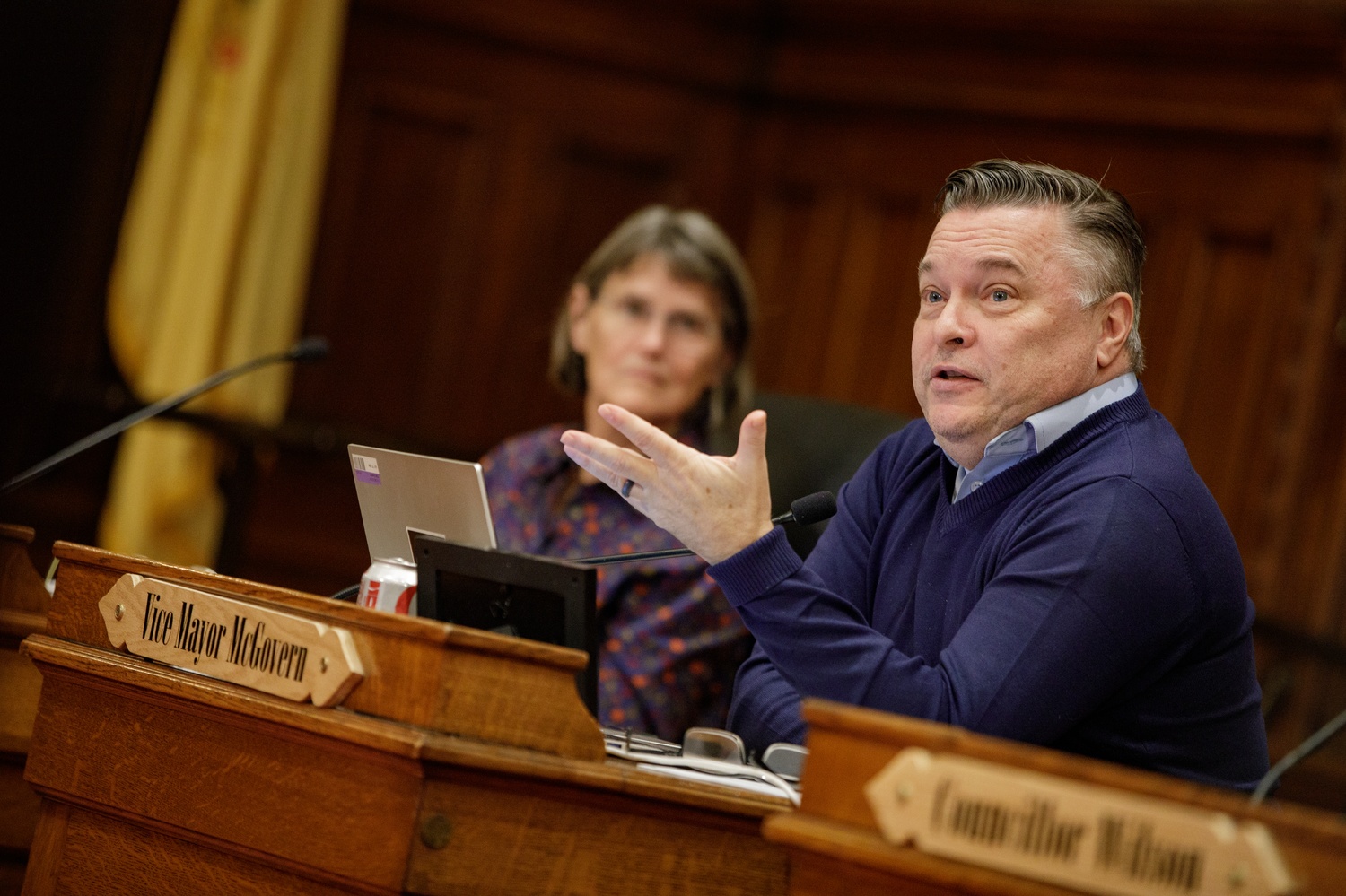
Perhaps as a consequence, everyone appears to respect Simmons. The word itself comes up in virtually every conversation I have about her. “It’s not easy to do this work. To do it so effectively, and for such a long time, is really impressive,” Vice Mayor Marc C. McGovern, now in his second term as Simmons’ deputy, tells me. He’s not the first to say it.
Dig a little deeper, though, and the perception begins to splinter.
Over the course of hours of conversations about Simmons, held over nearly three months, it seemed like no one could quite agree on who, exactly, she is. The same facts permeated every discussion: Simmons’ longevity, her stubbornness, the way she champions affordable housing and advocates for the city’s Black community.
But where Simmons’ allies see persistence, her detractors see a roadblock. It’s a conflict between two distinct styles of politics: between one that is decidedly local and old-school, that cares less for strong ideological stances than for the way the Council has traditionally functioned — and one that tries to take the city somewhere new.
Everyone I spoke to about Simmons eventually arrived at about this point. No one ever just talked about her. They spoke about Cambridge: how it’s shifted demographically, politically, socially; how it’s stayed the same; and how she’s borne witness to all of it. But the question no one could answer was where, exactly, Simmons fits in today.
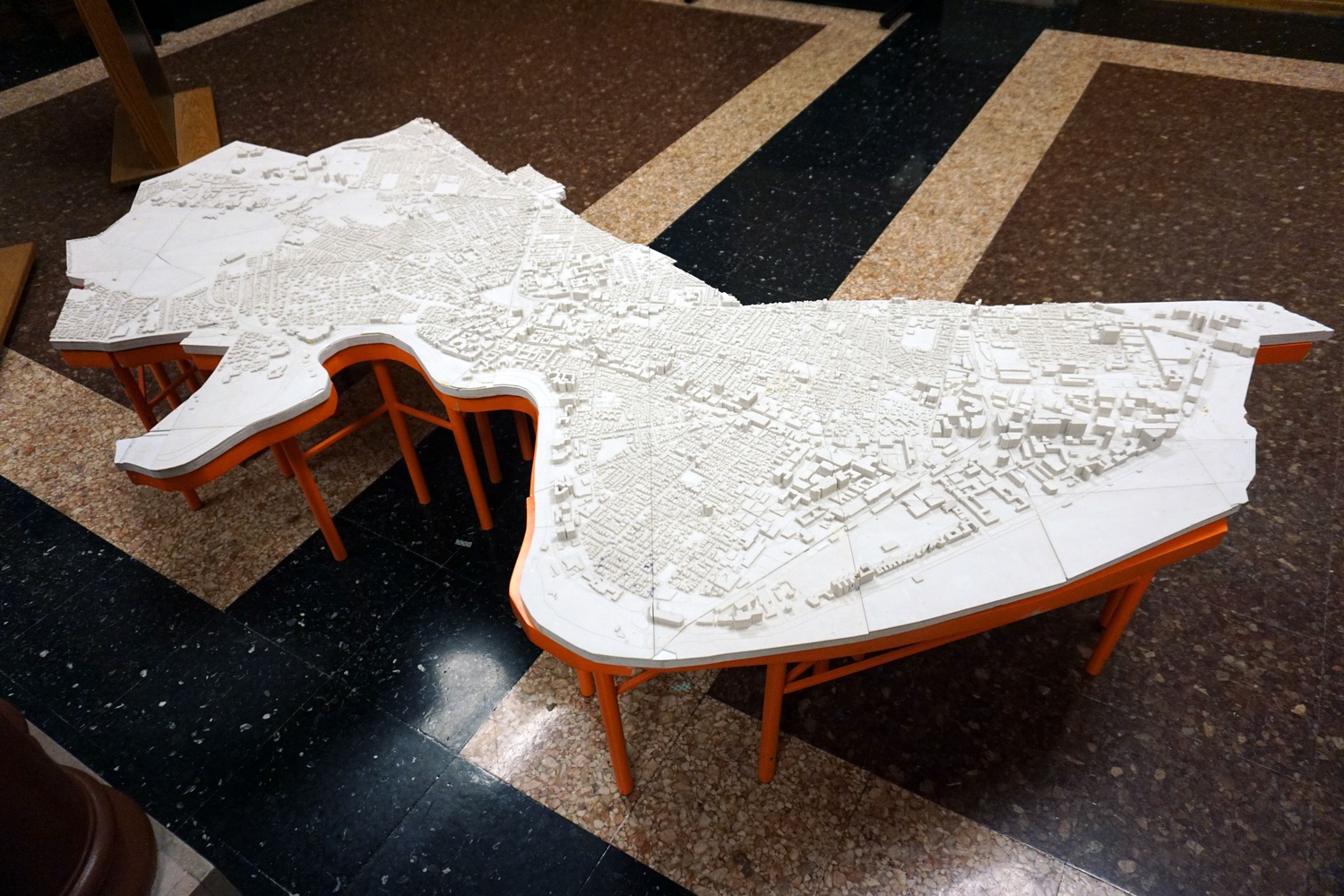
Twin Histories
Simmons picks up the second time I call, only to politely ask if I’m available in half an hour. She’s walking a veteran back home, Simmons explains. It’s Veteran’s Day, and he’s a friend.
The first impression I get of Simmons, once she calls me back, is her care for history, both the city’s and her own. She recalls her 1960s childhood in terms of addresses and particular neighborhoods — Worcester Street, Suffolk Street, Newtowne Court.
Her mother was from Georgia but raised in Alabama. The Great Migration brought Simmons’ parents to the eastern half of Cambridge, which at the time contained both the bulk of Cambridge’s Black population alongside a mixture of Italian, Polish, and Irish communities.
Simmons doesn’t say much about the time between her upbringing and entry into politics. She got a bachelor’s and master’s with an interest in a career in counseling. She eventually began to work for the Civic Unity Committee, a body meant to address racial discrimination against veterans. She founded a car insurance agency, which she still owns.
As Simmons tells it, her transition to politics was simple: She had worked for the city and cared about issues surrounding Cambridge’s schools, so she viewed a run for School Committee as a natural next step.
At the time, she says, the School Committee was considering turning the position of ‘affirmative action officer’ at the Cambridge Public Schools into a part-time role — a change she opposed. Even then, she was frustrated with advocating from below. “The only way you can make an impact is to be on the other side of the bar,” she remembers thinking.
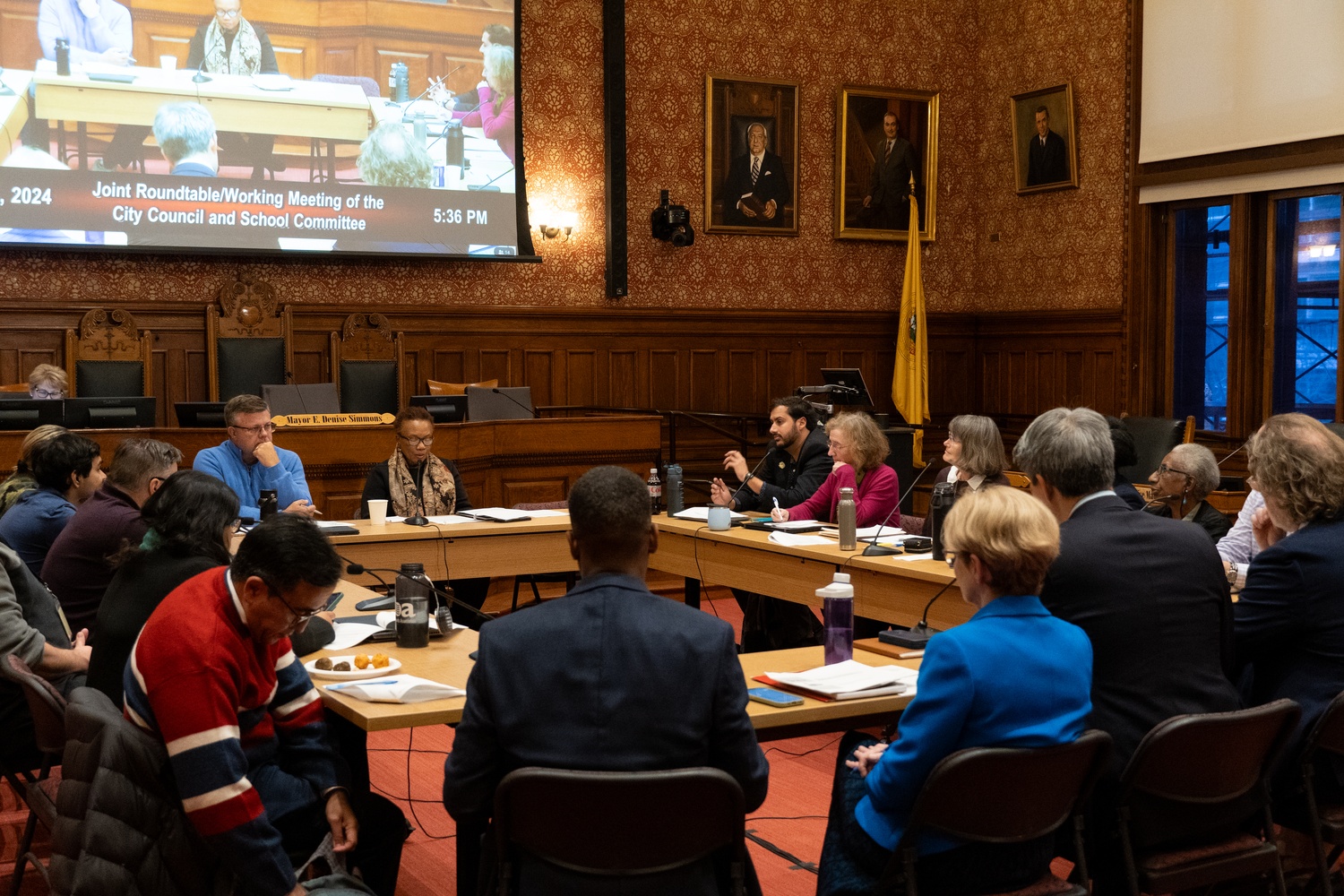
Simmons lost that race and a subsequent bid for City Council. It was only in 1991 that she successfully made it onto the School Committee. While there, her priorities cemented themselves: She set forth proposals to increase diversity among the district’s staff and developed a study on racial achievement gaps.
A decade later, she ran for the City Council. Her tactic while running, she tells me, was simple: “I arranged my strategy around affinity groups,” Simmons says. “I’m African American. I’m a woman. I looked at affinity groups.”
But this coalition alone wasn’t enough. “I also looked for seniors,” she adds. “The seniors had the highest voting record in all elections.”
Seniors, distinct communities, voters with whom she shares an identity: I begin to get a sense of how, exactly, Simmons cracked the formula for political longevity. The city’s electoral system, where City Council candidates are elected citywide under ranked-choice voting, rewards those with a handful of dedicated first-choice votes more than it does those with broad, lukewarm support.
Simmons’ strategy prevented a campaign from being spread thin. Two decades later, it still works.
Townies and Gownies
Cambridge has always been a kind of hybrid,” Robert Winters tells me one afternoon. “You have to think of Cambridge as a town embedded within a larger city.”
It’s a windy day in early November, and we’re sitting outside the Science Center as Winters, a longtime associate of Simmons, tries to explain to me what Cambridge politics were like in the early 2000s.
I can sense that he’s touched on something important. Cambridge politics can often feel like those of a small town — everyone knows everyone, everyone has thoughts on everyone. Retail politics, for decades, ruled all. Everyone’s run against everyone, in some way or another. And Simmons, it seems, is right in the middle.

Winters is the closest thing that Cambridge has to a historian-in-residence: He’s run the Cambridge Civic Journal, a publication that tracks local politics meticulously, for nearly 30 years. (He’s also run for City Council several times, but never successfully.)
According to Winters, Cambridge residents can fall into three buckets: Those who were born there, those who moved in and became longtime residents, and those who “come and go” — the students, the one-off tech workers, the postdocs, the young people. “Call them the ‘town versus gown,’” he chuckles.
When Simmons was elected in 2001, this division — of townies and gownies, new and old guard — was visible on the Council itself. The Cambridge Civic Association, a civic organization dedicated to transparency and progressive causes, had become the closest thing in Cambridge to a fully-fledged political party, while a less centralized coalition of ‘independent councilors’ opposed them.
“It was really town-gown split,” Henrietta J. Davis, a former mayor who was endorsed by the CCA as a councilor, tells me. The CCA was often seen as a proxy for the ‘gownies,’ Davis says. The independent councilors, meanwhile, were “the old boys network.”
Simmons ran and won with the endorsement of the CCA, but she never fit neatly in either category.
“I always saw myself as a little bit of a hybrid,” she says. “Because I was a townie. I grew up in Cambridge, and a lot of people in the CCA came to Cambridge for school or whatever, but I was born here, so I had a little bit of ‘townyism,’ as well as being a liberal.” Her campaign and early tenure branded her a firm progressive: She took strong stances on housing, racial equity, and economic development.

And she excelled at the retail politics. Like other former mayors I met — David P. Maher, who shakes my hand and slides into small talk like we’ve been friends for years, or Henrietta Davis, who interrupts our interview to greet a former supporter she hadn’t seen in a decade — Simmons knows her base and knows it well. “I’m a woman. I see women as my constituency,” she says. She also represents her home of The Port, she adds, alongside Cambridgeport, where her insurance agency is. And African Americans, and business owners, and seniors.
To Cambridge politicians of this era, there was something about the old system — while it lasted — that was deeply collegial, almost romantically so. “The Council could disagree, but not be disagreeable,” says former councilor Michael A. Sullivan, a two-time mayor whose father and grandfather also headed the Council. “You could have arguments and discussions on the Council floor, but still break bread later on.”
Straddling both camps, Simmons fit in well. Homegrown but forward-thinking, old guard and new. Even the most hardline of townies who disagreed with her progressive policies felt a certain bond. We’re all from here, it seemed to imply. This is our town.
Breaking the Mold
It’s the next Monday, and I ask Simmons if Cambridge has changed since she arrived on the council. For the first time since we began speaking that morning, she pauses.
We’re sitting in the parlor attached to her office, right next to the Sullivan Chamber. I’ve been allowed exactly six-and-a-half hours with Simmons — I enter City Hall that morning and don’t leave her side until the council meeting that night. Her day is packed. Save for a 10-minute lunch earlier that day, this is the first time that Simmons and I have properly spoken since I arrived.
“It’s changed extraordinarily,” Simmons responds. “There was a time, as African American, I wouldn’t go into East Cambridge.” Once, she walked into a poultry store in the neighborhood and was immediately called a racial slur.
And now? “There’s no area of Cambridge I feel reluctant to walk into,” Simmons says. But as the city’s political climate has fluctuated over recent years, she still finds pockets of interpersonal hostility.
“Has Cambridge changed?” Simmons asks, rhetorically. She answers herself: yes — but not all the changes were good, she says.
I try to ask her more, but she’s already moved on. Yi-An Huang ’05, the city manager, is about to walk in.
***
Simmons isn’t the only one thinking about how the city has changed.
“For me, the first sense that the way that campaigns are being rolled out are different than the traditional, classical campaigns,” says Denise A. Jillson, executive director of the Harvard Square Business Association, “was Nadeem.”

Jillson is sitting across from me in a windowless boardroom in the middle of the HSBA’s office suite. Like Simmons, Jillson knows Cambridge inside and out — before our interview, she spends 15 minutes explaining to me the history of the kiosk next to the Harvard Square train station.
The Nadeem that Jillson’s referring to is Nadeem A. Mazen, the young, techy, man-bun-toting progressive who squeaked onto the City Council in 2013. I ask Jillson what changed in 2013, when Mazen was elected. She simply holds up her phone.
Campaigning in Cambridge, Jillson explains, used to be simpler. “You would send letters, and go door-to-door,” she says. But times change. “I think the only thing that matters is this” — she points at her phone again — “and the message you’re sending.”
“The younger generation,” Jillson concludes, has left the tradition of retail politics that Cambridge used to run on.
Technology has effectively lowered the barrier to entry of Cambridge politics. Instead of spending time handing out bumper stickers, Jillson says, candidates can reach much of the city through tools like social media. The traditional, door-to-door popularity contest is faded.

Mazen was the first to break the mold. He was unknown to many of the city’s political insiders and entered the Council with big ideas and a willingness to go to the mat. To some, it was almost an ‘us-versus-them’ mentality: “Here were the two of us, fighting for what we believed, with seven people who didn’t,” says fellow progressive Dennis J. Carlone, who entered the Council with Mazen.
In nearly all my interviews, I sense a tone shift when I bring up the 2013 elections, and even more so Mazen. Maher, who served on the Council until 2018, visibly winces when Mazen’s name comes up.
“Some folks have been very impatient, and they want everything,” Maher says. “I think there are some people who don’t respect the work that has been done before them.” Maher is careful, speaking in generalities. No names are named.
This innate understanding of and respect for Cambridge’s past is currency among the city’s longtime politicos, and Mazen showed up with very little of it. Until his race, the Council was dominated by Cantabrigians through and through, who had a history in the city. Even many of the ‘gownies’ had been here for years before running for office.
Mazen came to Cambridge as a student at MIT and didn’t have the laundry list of constituencies to tap into that career councillors did. For him to win without having been part of the establishment was, in many ways, a slight.

Meanwhile, Simmons cemented herself during this shift, Carlone says. As progressive, sometimes aggressive, voices began to enter the Council — Carlone admits Mazen “had no problem” telling people when they were wrong — her status as a remnant townie began to take shape. She knew the city staff more than most, she knew the city manager better than most. No longer a fresh voice, she had come to squarely embody the Council’s political establishment.
Simmons, for her part, makes a brief face when Mazen comes up, but otherwise doesn’t think he’s very special. “Here’s this young man, he wants to run for council, he gets elected easy,” she says. “That’s it.”
‘Don’t Fuck With Her’
When I get to City Hall that morning, Simmons’ doorknob is gone.
The doorknob has fallen, to be specific. She opened the door to her office from the inside and it fell right out. It happened right before I get to her office.
What seems to be frustrating Simmons, though, isn’t the doorknob. It’s the process to get it replaced.
She tells her staff to call the Department of Public Works — the replacement needs to happen today. As we head into her office, she grumbles about how slow things can be at City Hall. If they don’t call the DPW immediately, it’ll never get fixed.
Watching this all play out, I’m reminded of how many of her current and former colleagues describe her politics: Simmons is, if nothing else, strong-willed. It’s a trait that spans everything from her dealings with the DPW to her relationships with other councilors.
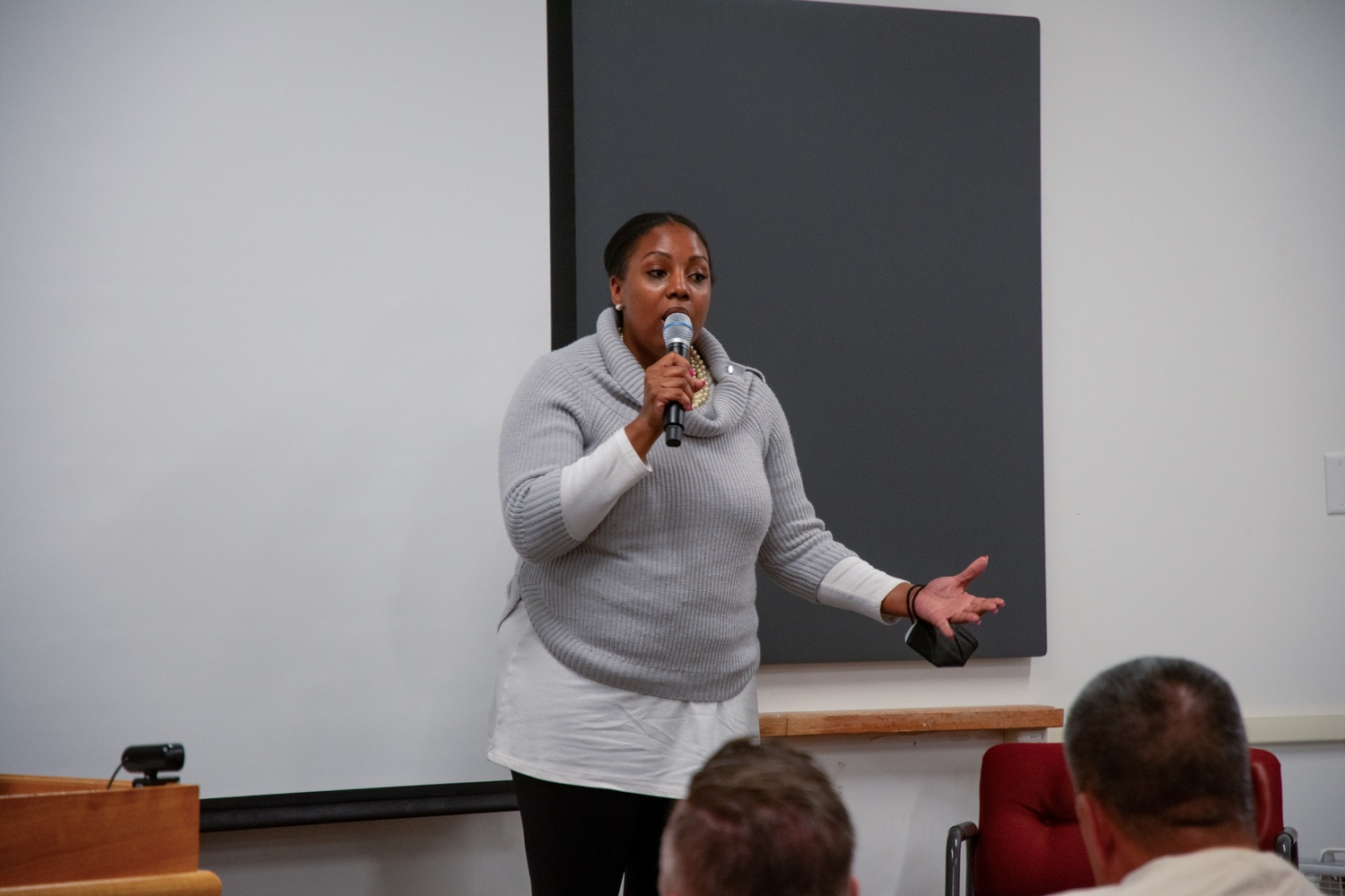
“Don’t fuck with her,” Ayesha M. Wilson, a current councilor, tells me over the phone, laughing.
Wilson isn’t wrong. Simmons takes much more to commanding a room than fielding its questions, I notice. The few cases where she has been questioned seem to still linger. Take, for example, former City Councilor Quinton Y. Zondervan.
I never see Zondervan’s face when we speak — we meet over Zoom, and his camera remains off. It’s two days after the presidential election. He delayed our meeting because he was canvassing in Pennsylvania.
Whenever he comes up in a conversation, Zondervan, who arrived on the Council in 2017, is discussed gingerly. Speaking to him, it doesn’t take much to understand why.
“I certainly was not looking to continue or support the business as usual,” he tells me. He spent six years in City Hall, but left last January. “I was there primarily for one reason, and one reason only: to increase justice in Cambridge.”
While not the first self-proclaimed progressive to join the Council — after all, Mazen preceded him by several years — Zondervan’s confrontational style of politics was particularly disruptive.
“He would put in policies that were very divisive,” says Dan Totten, a former aide to Zondervan who ran unsuccessfully for the Council in 2023. “He would submit policies about Palestine and about defunding the police.”
“He would submit things without knowing if they had the votes to pass, and that’s not the traditional way that people have liked to run the Council,” Totten adds.

Those further from Zondervan politically put it more bluntly. Working on the Council with him, Winters says, was “navigating around the bomb.” (In a written response, Zondervan writes that his opponents “do not react well” to being challenged. “They want to preserve the status quo,” he adds.)
Simmons and Zondervan have fought before, viciously and publicly, and often around issues of policing. Amidst nationwide protests against police brutality in 2020, the two clashed over a proposal by Zondervan to reallocate funding for the Cambridge Police Department towards other city services. A yelling match on the floor — Simmons said Zondervan was a “bully” at one point — led to the meeting getting recessed.
A similar scene played out years later at a 2023 meeting, when Zondervan introduced a resolution asking the City Manager to inform the Council about lawsuits against the police department. The pair earned a sharp reprimand from then-Mayor Sumbul Siddiqui after Simmons said that she was “sick to death” of Zondervan.
Even nearly a year after Zondervan left the council, the mere mention of him gets under Simmons’ skin. Her irritation only sharpens once I mention how he described working with her — the word “difficult” is used quite liberally by Zondervan. Simmons was difficult to collaborate with, he says, and difficult to disagree with.
Doing so, Zondervan continues, meant “you were painted as being an obstructionist or disagreeable, or even rude or inappropriate.”
There’s an irony to the friction between them. Simmons entered city politics with a willingness to push the status quo. Now, to Zondervan, she represents it.
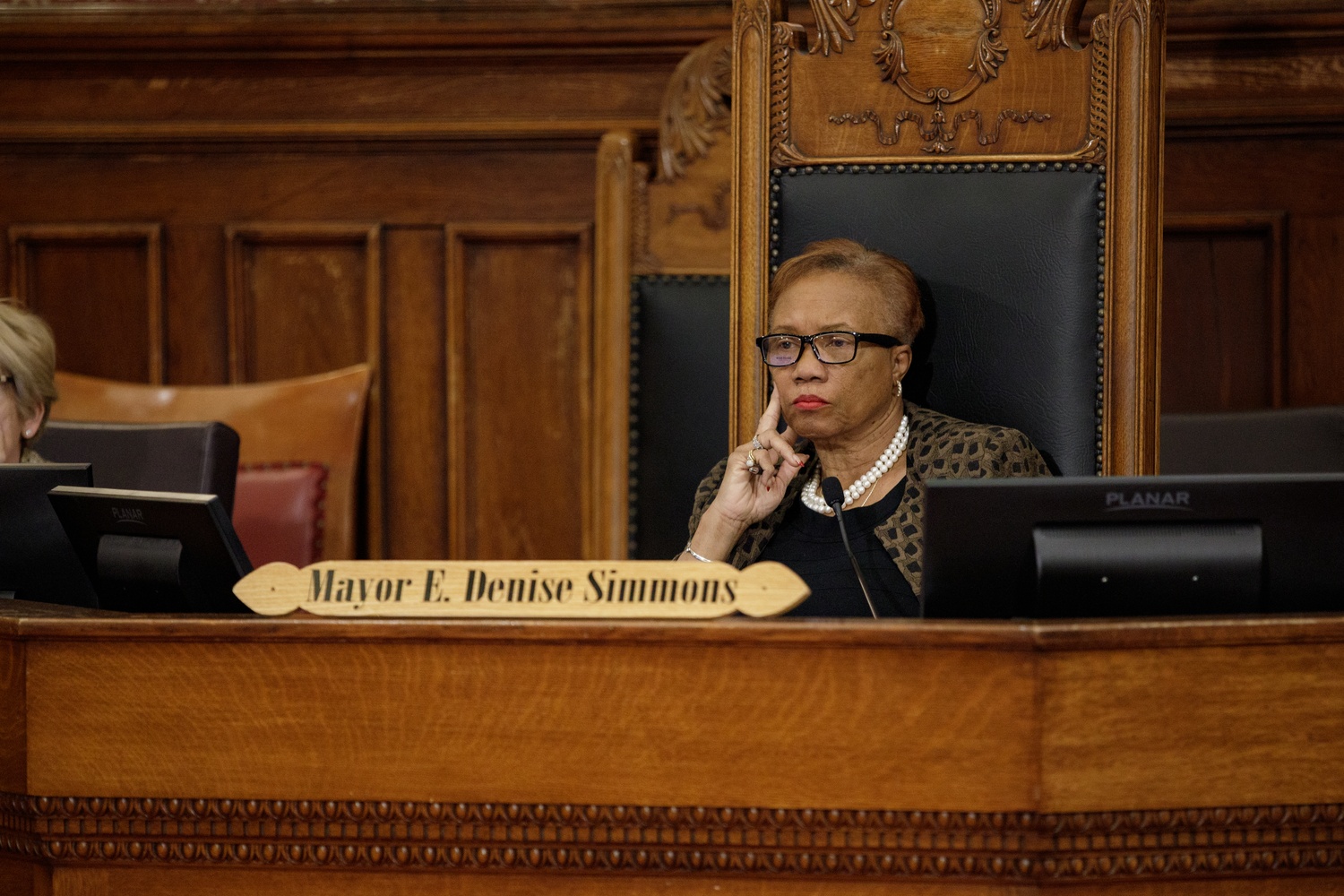
Simmons tries to brush off his criticisms when I bring them up. “I have a conviction about things that collided with his conviction,” she says.
The conversation moves on, and an old friend of hers briefly pops in, but Simmons returns to what Zondervan said about her, unprompted.
“I don’t see myself as difficult. If he means I’m difficult because he would bring some stuff to the floor and I didn’t agree with it, I would tell him that that’s my role, that’s my job,” she says at one point. “We had very different opinions on some issues. I mean different,” Simmons adds, stressing the last word. “We were night and day.”
‘Never Wavered’
Back in Simmons’ office, Huang, the city manager, is right on time. He enters the room at exactly 3 p.m. and sits down on an armchair to her right. Not even a minute goes by before Simmons starts talking shop.
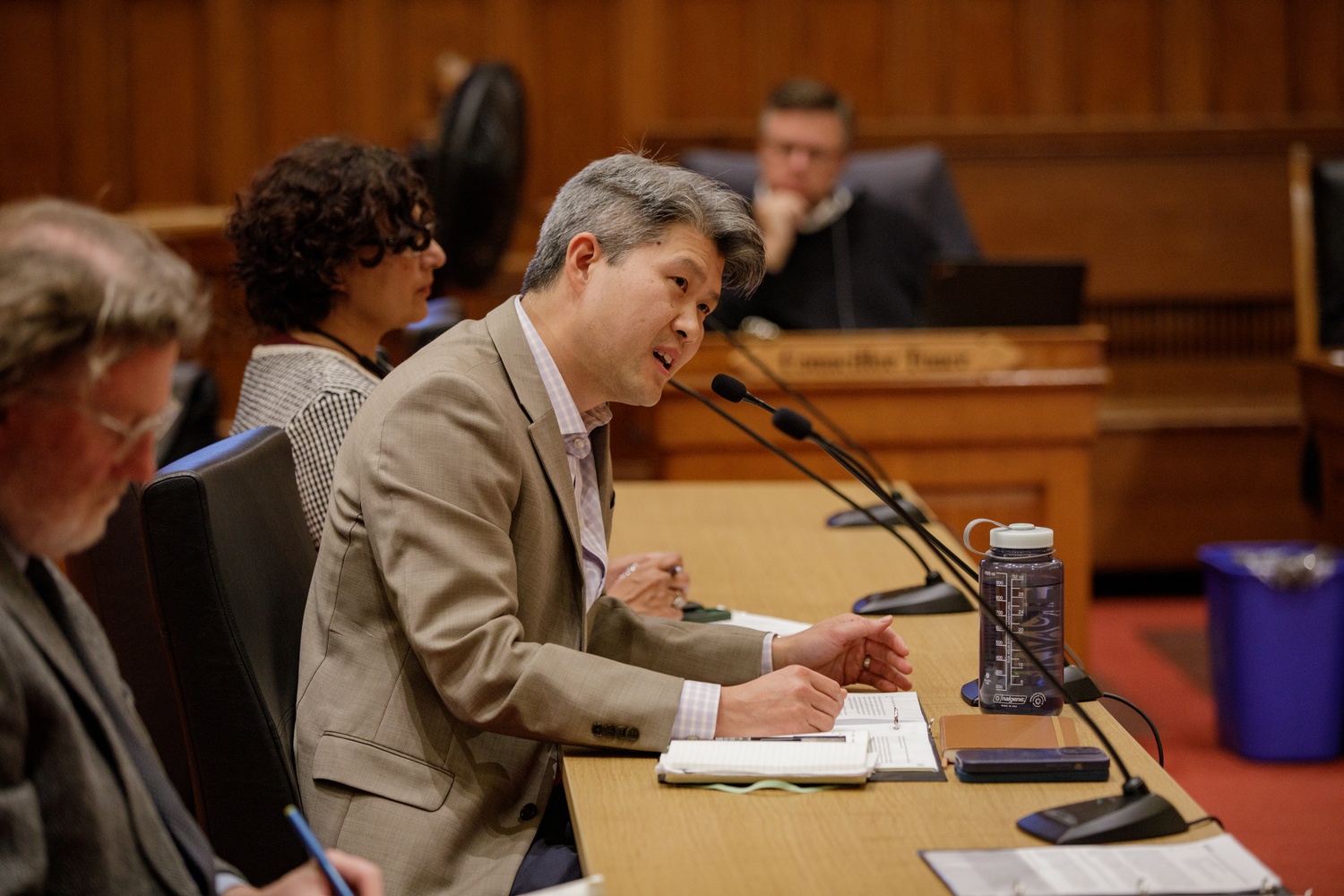
Simmons and Huang are friendly, but I can sense that she’s come into this meeting with an agenda. I’ve spent months hearing about what Simmons is like behind closed doors, but this is my first time seeing it live.
She begins rattling off constituent issues, and the theme today is bike lanes: She’s heard complaints about a handicapped parking spot in East Cambridge that’s been displaced by a bike lane, about parking spaces near a church that are getting reduced to make room for bike lanes.
Bike lanes are a contentious topic in Cambridge, to say the least. The Council passed an ordinance in 2019 that required the construction of separated bike lanes and strengthened it a year later by setting a goal for 25 miles of separated bike lanes across the city. But a vote by the Council last April pushed back implementation by a year. A second vote in October — less than a month after Cambridge’s third cycling-related death this year — brought the implementation deadline back to its original date for bike lanes on several large streets. Both times, Simmons supported a delay.
If there is an explanation for her hesitancy toward the city’s bike lane efforts, it is rooted in her constituents, and one constituency in particular: seniors. “A lot of senior citizens that go to the church — they’re not happy,” Simmons tells Huang.
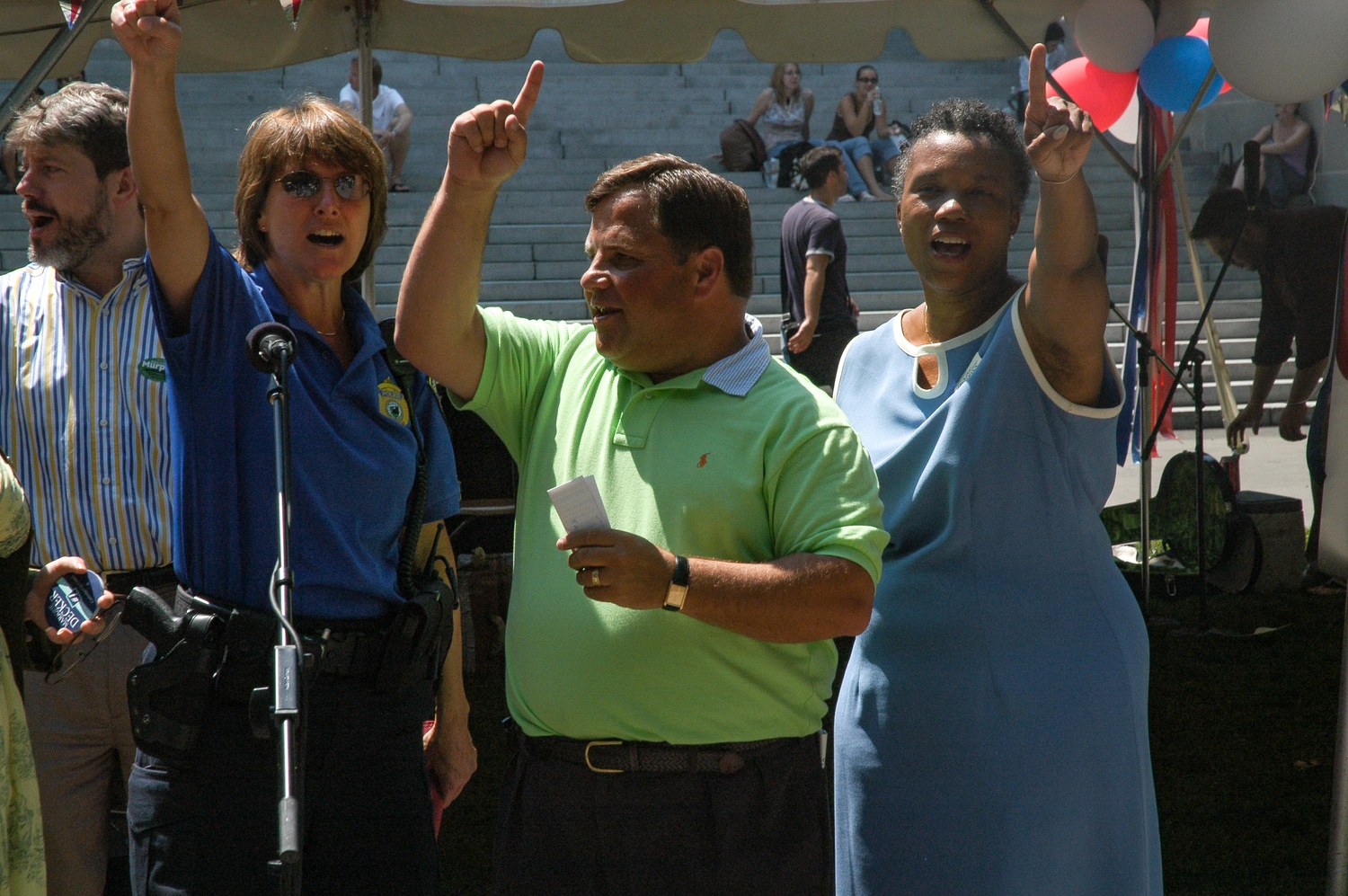
Simmons talks about seniors persistently, but I notice that her language around them is different. She’s insistent about her outreach to seniors, almost to the point of being defensive: She makes a point to mention her “senior town meeting” to me, which she convenes regularly, and the senior advisory committee which she also meets with.
“A lot of my seniors are fearful about bikes. That’s just the truth,” she says to me at one point before her meeting with Huang. She’s known to talk about seniors possessively.
I briefly leave Simmons and Huang alone in the parlor — they’re off to discuss a “personnel matter,” I’m told — and when I return, they’re ranting. I quickly latch onto the conversation: The city is trying to find a location for several new units of affordable housing, and neighborhoods have been rebuffing proposals. Both Huang and Simmons are clearly frustrated.
“You can’t ask us to house people, and then tell us that you can’t put it here,” Simmons says at one point.
Fights over affordable housing have dominated Cambridge for decades — including today, as the Council considers eliminating single-family zoning and allowing developers to construct six-story buildings citywide — and Simmons has often been at their center.
She has a unique affinity for efforts to increase the city’s affordable housing stock, explains Michael J. Johnston, executive director of the Cambridge Housing Authority, the city’s largest supplier of affordable housing. “She’s never wavered,” he says. “Even now. She may be a little weary, but she’s never lost that passion.”
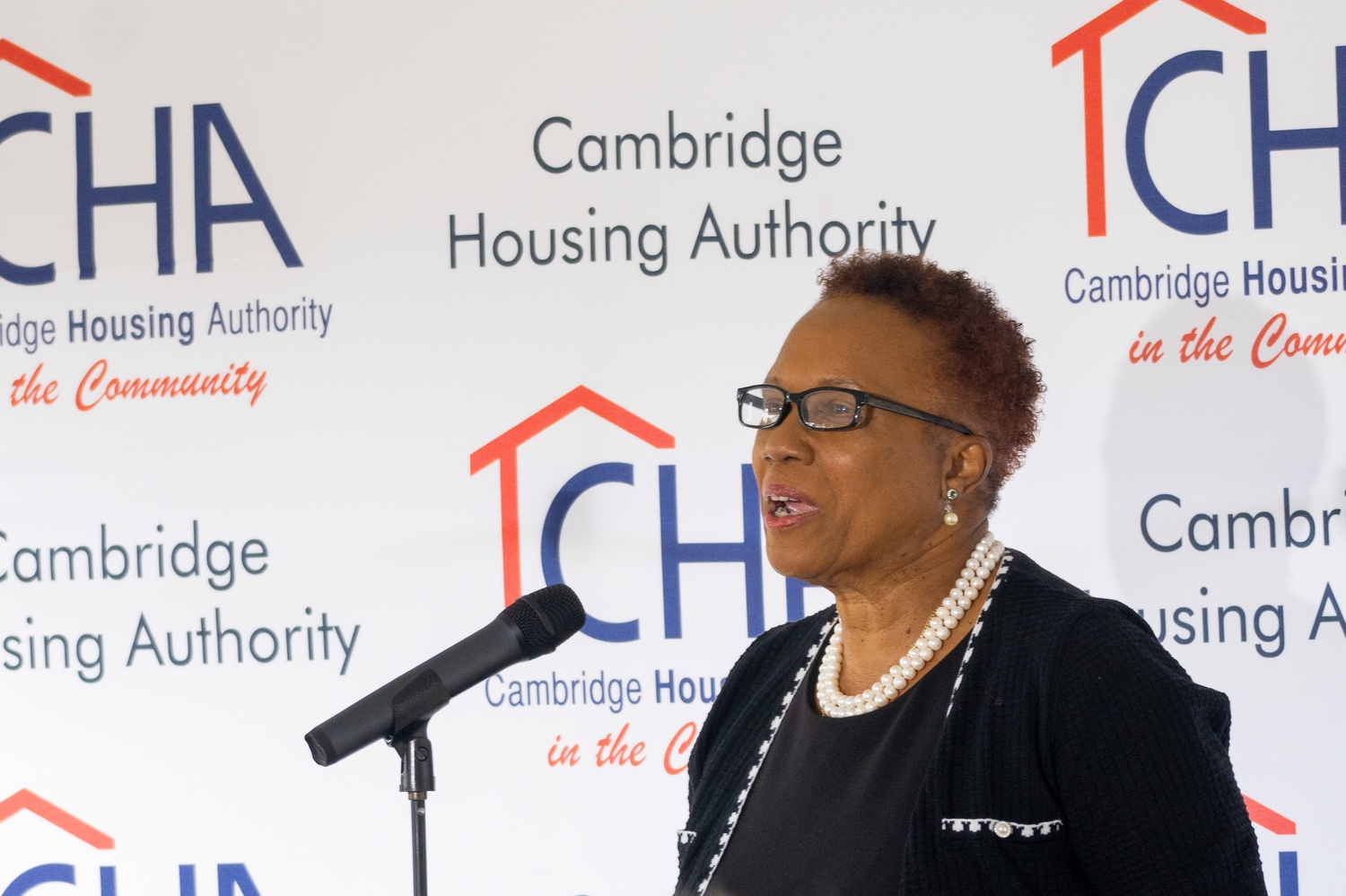
When Johnston and Simmons don’t see eye to eye — “Denise and I have had some knockdown, drag-out fights about stuff,” he says — it’s about people rather than policy. The CHA’s housing operates on a waiting list so long that it can take years to get off. According to Johnston, sometimes Simmons refuses, characteristically, to accept that no amount of angry phone calls can get someone to the top of the list. (In an emailed response several days after we meet, Simmons writes that she and Johnston have had a “long and respectful relationship” and that she is willing to “speak her mind fully and candidly” to him.)
Her persistence has paid off, if not to get anyone off the waitlist, then to keep Simmons on the CHA’s radar. “One thing I’ve learned is that you never let a city councilor or the city manager go for any more than a day without getting back to them,” Johnston says. “Because of Denise.”
‘When the Lions Write the History’
If anything gives away that Simmons has been in Cambridge politics longer than anyone else today, it’s her willingness — and capacity — to reshape even the smallest things around her. City Hall appears to have been first on her list.
Above the building’s main stairs are photographs of Phebe Mitchell Kendall and Sarah Sprague Jacobs, two of the first women elected to the School Committee. Simmons had them put up during her first term as mayor. Simmons has lined a separate room — named after Barbara Ackerman, the first woman to be mayor — with more paintings and photographs of prominent Cambridge women: former School Committee members, a former city manager, the current police commissioner. Simmons knows them all by heart.

Simmons’ interest in history can feel almost obsessive. She saturates our conversations with historical quotes and proverbs. She seems to know the history of every painting and photograph in City Hall. A corner of her parlor overflows with historical paraphernalia. The fixation even extends into her politics: Simmons’ pet project, she tells me, is a museum dedicated to Cambridge’s history.
She even repeats a saying so often that it becomes a personal mantra — “when the lions write the history, the hunters will never win.” The implication she makes is clear: Simmons is a lion, trying to rewrite the work of hunters before her. It’s quite dramatic.
As we sit in her parlor, I ask Simmons what she thinks her legacy will be. Without pausing, she brings up ‘Let the work that I’ve done speak for me,’ an African American spiritual.
“That’s how I live my life,” Simmons says. “I hope I was a builder of bridges and not fences. That I left the door open for other people to follow.”
***
There’s a framed photograph of four women standing together which sits on the table in Simmons’ office. Beaming in the front is Simmons, and to her left, unsmiling, lips pursed, is her daughter Atieno.
Atieno died from cancer in August 2023, and the photograph is one of the last ones that Simmons has with her. Simmons won a spot on the Council just a few months after it was taken, but came in seventh — her worst showing in 15 years. She hardly campaigned. Still, Simmons chose to run for mayor, and by January secured enough support from the rest of the Council to win.
It’s a stunning turnaround, one that even months of digging into Simmons — her past, her politics, how she operates — can’t fully explain. Almost everyone I speak to acknowledges, if only implicitly, the enormous grief that overshadows Simmons’ return to the peak of Cambridge politics.
I pose the question to Simmons: Why run for mayor again, so soon after Atieno’s death?
She grimaces. I can tell it’s an uncomfortable question. As we’ve talked throughout the day, Simmons has referenced her daughter only sparingly, and she hesitates before answering.
“Everybody handles loss differently,” she tells me. Another pause. Because the mayorship would keep her occupied, Simmons eventually continues, it would take her mind off the grief. Her words are slow, deliberate, pointed. We don’t talk about Atieno again.
I see the photograph again only once, right as I’m about to leave City Hall. It’s almost 5:30 p.m., and Simmons is sitting at her desk, rereading the Council docket ahead of its meeting.
We’re alone in her office. For the first time since I’ve arrived, Simmons’ world feels quiet. The perennial stream of visitors has dried up. There’s no one chatting in the hallway. It’s dark out, and with the windows closed, the honking of cars on Mass. Ave. has faded.
It’s an open secret in Cambridge politics that Atieno’s illness dominated much of Simmons’ life, up until her daughter’s death. She missed Council meetings outright. Her campaign was lackluster. To many, she may have seemed out of steam.
By the time the photo of Simmons and Atieno was taken, Simmons would have known her daughter was dying — yet there she is, staring at the camera, smiling.
To my left, Simmons has finished reading the docket. My time with her is up. She gets up from her desk, and we walk together out of her office, stopping right in front of Sullivan Chamber. The lobby is empty, and as she stands there, Simmons looks quite small.
As I go to shake her hand, Simmons stops me. “Fix your collar,” she says. Without waiting, she does it for me.
I wait until Simmons has entered the chamber before I turn around and leave City Hall. I catch a glimpse of her slowly walking through, heading to the mayor’s seat at the chamber’s head. A few members of the crowd, early to public comment, stand up as she walks by.
On my way out, I peer through the glass window into the mayoral suite. The door to Simmons’ parlor is open, so her attached office is visible from where I’m standing.
I notice that someone has closed the door behind her. The knob has been replaced.
— Staff writer Matan H. Josephy can be reached matan.josephy@thecrimson.com. Follow him on X @matanjosephy.

